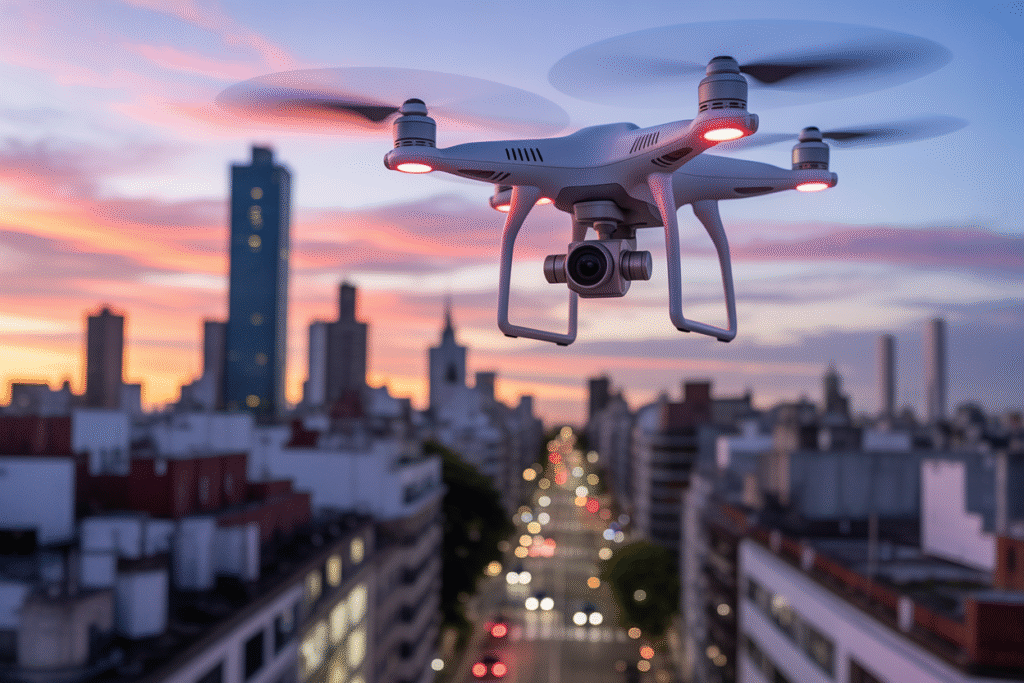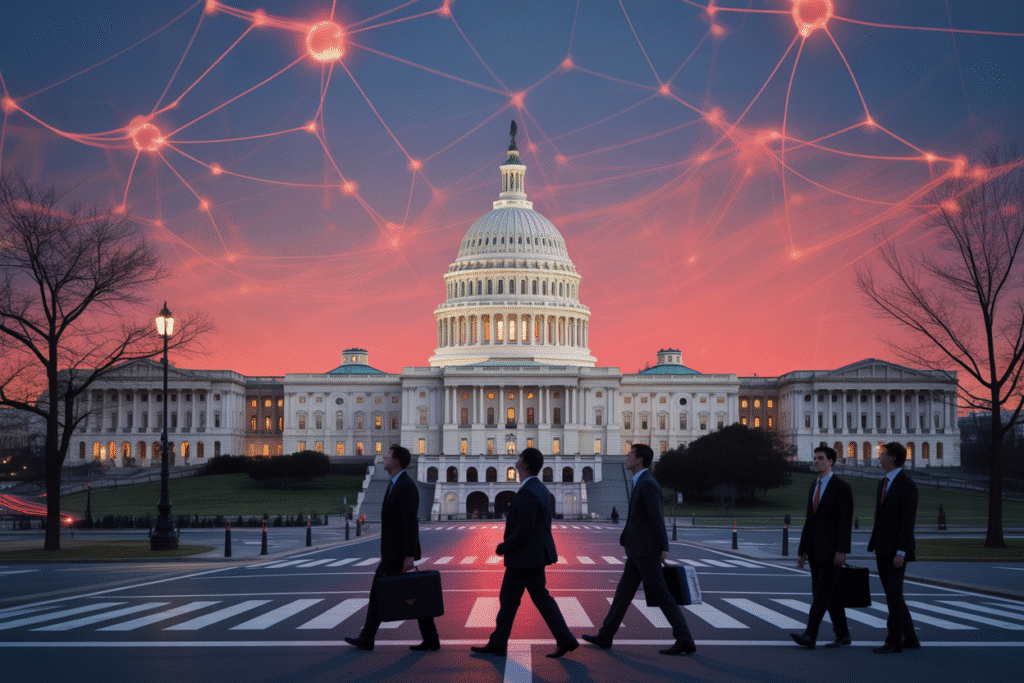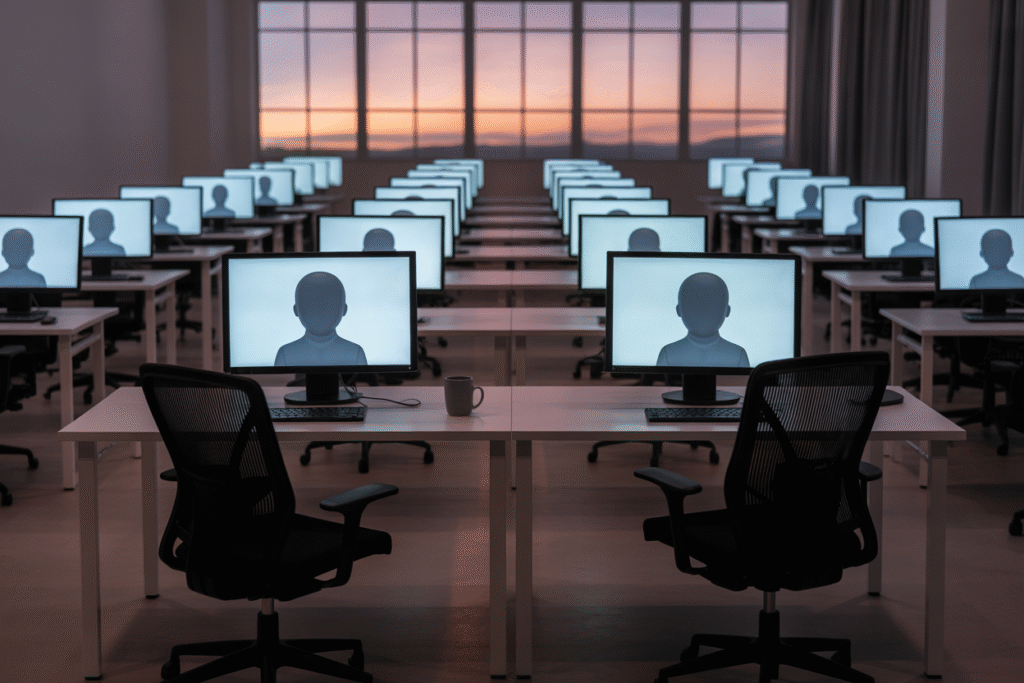Javier Milei’s new AI surveillance squad promises safer streets—critics hear echoes of Minority Report.
Imagine drones humming over Buenos Aires, algorithms scanning your face, and police knocking before a crime happens. Argentina just unveiled an AI unit that does exactly that. Is this the future of public safety or the first chapter of a dystopia? Let’s unpack the hype, the hope, and the fear.
From Sci-Fi to Street Patrol
On a humid Thursday morning, President Milei strode to the microphone and announced the Federal Artificial Intelligence for Security Unit—AFISU for short. Cameras flashed, TikToks exploded, and WhatsApp groups lit up with two words: Minority Report.
AFISU’s mission sounds simple—feed social-media chatter, CCTV streams, and drone footage into machine-learning models that flag potential crimes before they occur. Think gunshots predicted by acoustic sensors or looting forecasted by unusual crowd density.
The unit already has 200 agents, a fleet of DJI drones, and access to citywide camera networks. Their first pilot zone: the sprawling Villa 31 slum, where drug violence keeps residents awake at night.
Officials promise a 30 % drop in violent crime within six months. Skeptics counter that the same data could be used to track union leaders, opposition voices, or anyone who simply looks suspicious to an algorithm.
The Algorithmic Balancing Act
Supporters paint a rosy picture—ambulances dispatched before a stabbing victim hits the ground, mothers walking home without scanning every shadow. They argue that Argentina’s homicide rate—one of the highest in Latin America—justifies bold tech experiments.
Critics wave red flags. Privacy groups warn that facial-recognition datasets often misidentify darker-skinned citizens. False positives could mean an innocent teenager dragged from a bus because an algorithm saw ‘gang posture’ in his stance.
Then there’s the data hunger. AFISU will vacuum up tweets, Instagram stories, and CCTV clips. Who owns that data? How long is it stored? What happens when a political protest is labeled a ‘security anomaly’?
Three big risks stand out:
• Algorithmic bias against marginalized neighborhoods
• Function creep—today it’s crime, tomorrow it’s tax evasion or political dissent
• Lack of judicial oversight—warrants issued by software instead of judges
Global Dominoes and Your Next Share
If AFISU works, expect copycats from Rio to Johannesburg. If it crashes and burns—either through scandal or civil-liberty lawsuits—it becomes a cautionary tale told in TED Talks and Netflix documentaries.
Tech giants are watching. Palantir, Clearview, and a dozen startups have already pitched upgrades. Meanwhile, Argentine influencers are live-streaming drone chases, turning public safety into viral content.
The debate is no longer local. It’s about every city wrestling with rising crime and shrinking budgets. Do we double down on human policing or outsource safety to silicon?
Your move matters. Share this story, tag your mayor, or simply ask: would you trade your privacy for a promise of zero muggings? The answer you give today might echo in tomorrow’s algorithms.


